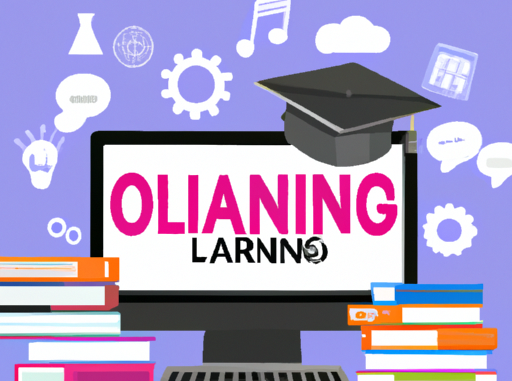
Online learning platforms have revolutionized the way education is delivered, making learning more accessible, flexible, and often more affordable. These platforms, such as Coursera, edX, Khan Academy, and Udemy, utilize the internet to provide educational content to a global audience. They offer a wide range of courses, from basic subjects like mathematics and science to advanced topics in technology, business, and the humanities. By partnering with universities and industry experts, these platforms can deliver high-quality educational materials that cater to diverse learning needs. This democratization of education allows learners from various backgrounds to access courses that were once out of reach due to geographical, financial, or institutional barriers.
The flexibility offered by online learning platforms is another significant advantage. Traditional education often requires students to adhere to a fixed schedule, which may not be feasible for those balancing work, family, or other commitments. Online platforms, however, allow learners to study at their own pace and on their own time, making it easier for working professionals and non-traditional students to continue their education. Additionally, these platforms often incorporate multimedia elements such as videos, interactive quizzes, and discussion forums, which can enhance the learning experience and accommodate different learning styles. The use of technology also enables real-time feedback and allows students to track their progress, further personalizing the educational journey.
However, despite their benefits, online learning platforms face several challenges. One significant issue is the lack of personal interaction and networking opportunities that traditional classroom settings provide. While discussion forums and virtual study groups attempt to mitigate this, they often fall short of replicating the dynamic of face-to-face interactions. Moreover, self-discipline and motivation are crucial for success in online learning, as the absence of a structured environment can lead to procrastination or course abandonment. Additionally, the digital divide remains a barrier; individuals without reliable internet access or technological devices may find it difficult to engage with online learning fully. Addressing these challenges is critical to ensuring that online learning platforms can continue to grow and serve a broad, inclusive audience effectively.
PhDr. Pavel Bartoš, LL.M., DBA (Evropská akademie vzdělávání / European Academy of education)
Leave a Reply